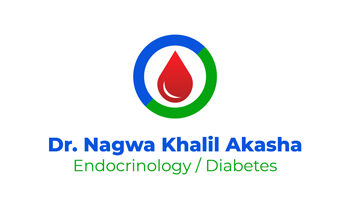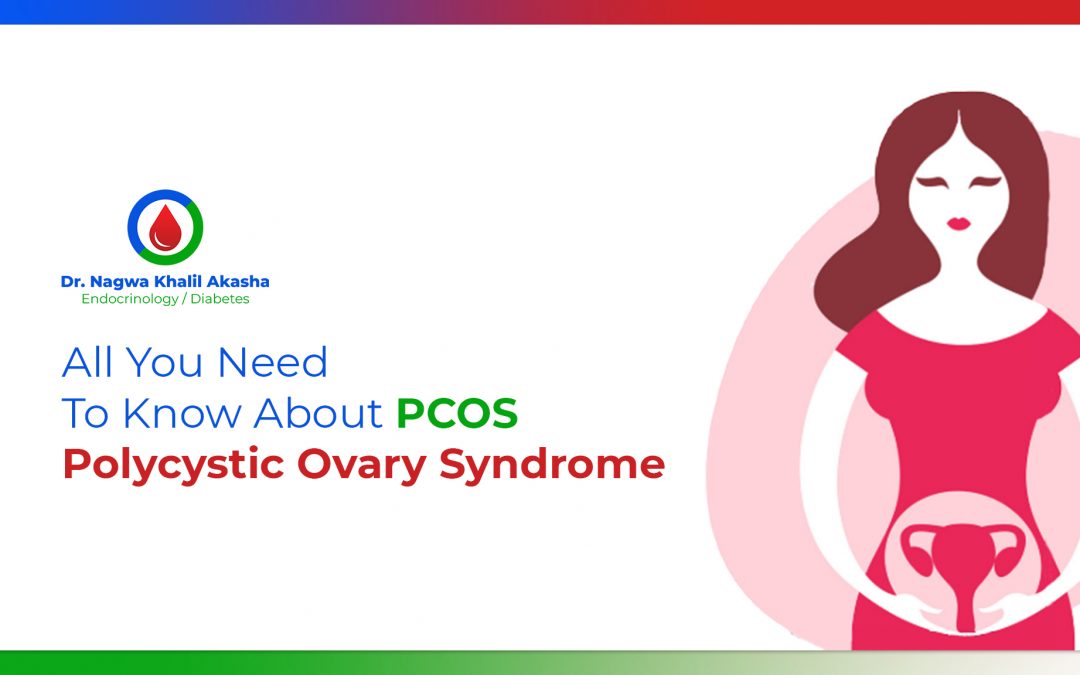PCOS (Polycystic ovary syndrome) refers to several small cysts that form in the ovaries (female reproductive organs). When ovaries start producing an abnormal amount of androgens (male sex hormones) which usually exist only in small amounts in women, we call this condition PCOS.
PCOS usually starts affecting women ages 18-45 during their childbearing years. It says that 5 out of every 10 women have PCOS. Despite being the most common disorder, several women are clueless about PCOS. Due to the lack of awareness, almost 70 percent of women with PCOS remain undiagnosed.
What are the common and uncommon symptoms of PCOS?
You must be thinking about how one should be conscious if she has PCOS or not. Well, PCOS is a hormonal condition that primarily affects your menstrual and reproductive cycle.
It can affect your ability to reproduce hence, it’s important to watch out for all the common and uncommon symptoms that can be:
- Intermittent and Unpredictable Menstrual Cycle
- Increased risk of other health problems, including high blood pressure and diabetes
- Long-term Infertility
- Unwanted Facial and Body Hair
- Nonseasonal and Frequent Acne
- Darkened skin
- Mood Swings
- Weight gain
PCOS can be considered not just a syndrome but a group of symptoms that directly affects the ovaries and ovulation process in your body. The main functions of PCOS to be conscious of are:
- High-level of androgens
- Occurrence of small cysts in the ovaries
- Irregular periods
What are the possible Risk factors of PCOS?
There can be critical short-term and long-term complications for women with PCOS if it remains undiagnosed and untreated. The complications may differ from women to women but if you have PCOS and your androgen levels are too high, you will probably have to experience a number of possible complications such as:
- Infertility
- Gestational diabetes or pregnancy-induced high blood pressure
- Miscarriage or premature birth
- Sleep Apnea
- Depression, anxiety, and eating disorders
- Abnormal uterine bleeding
- Cancer of the uterine lining (endometrial cancer)
- Liver inflammation caused by fat accumulation in the liver
- Metabolic syndrome — a cluster of conditions including high blood pressure, high blood sugar, and abnormal cholesterol or triglyceride levels that significantly increase your risk of cardiovascular disease
- Type 2 diabetes or prediabetes
- Obesity is also associated with PCOS and it can worsen complications of the disorder.
Let’s talk about Treatment now.
There are no direct methods to diagnose PCOS. Your doctor would survey through your medical history or current symptoms and the doctor will examine your condition thoroughly. However, the treatment for PCOS is quite possible with medication. Not all medicines can immediately cure PCOS although they help diminish the symptoms that cause pain or discomfort of any kind. The recommended treatment by the doctors can prevent serious health problems from getting severe and it can bring hormonal balance to your body
If you are suffering from 2-3 above-mentioned symptoms then consider taking medical advice from your doctor immediately. For consultation regarding PCOS, Infertility, Hormonal issues, Diabetes, and Blood Pressure don’t hesitate to reach Dr. Nagwa Akasha through this number tel:+971-507541446 or email drnagwa.marketing@gmail.com.

